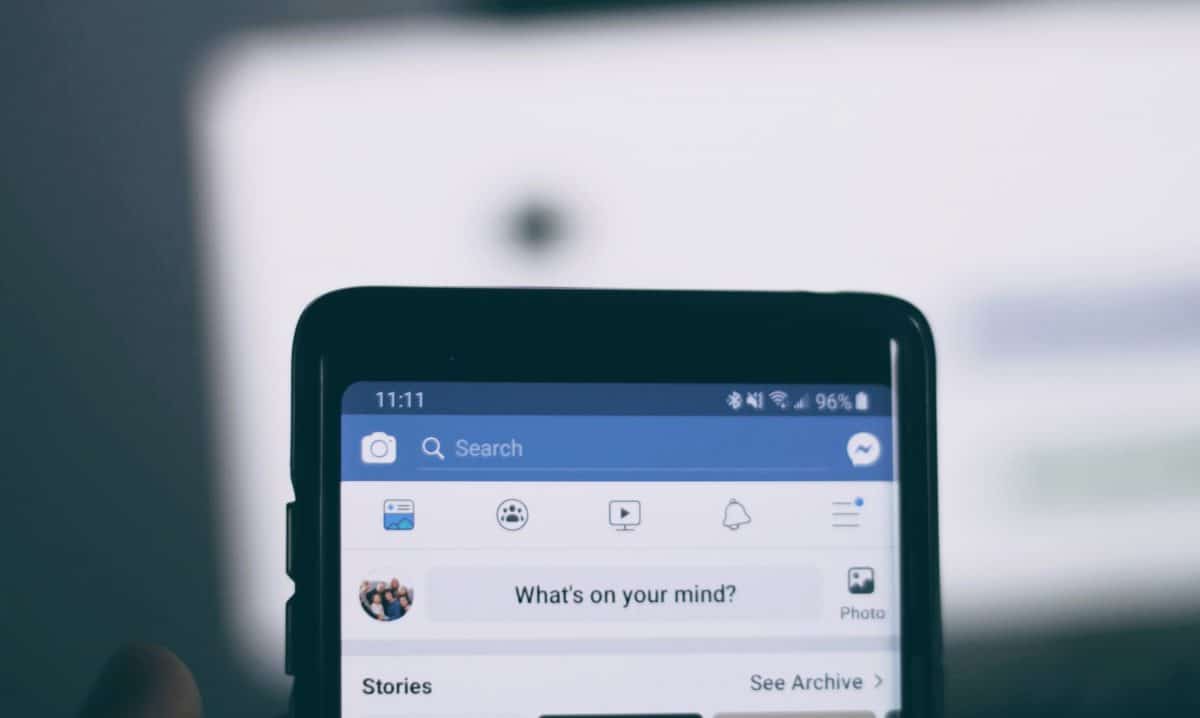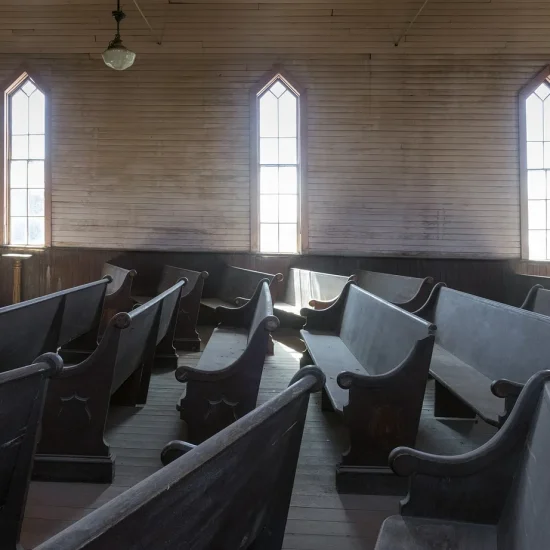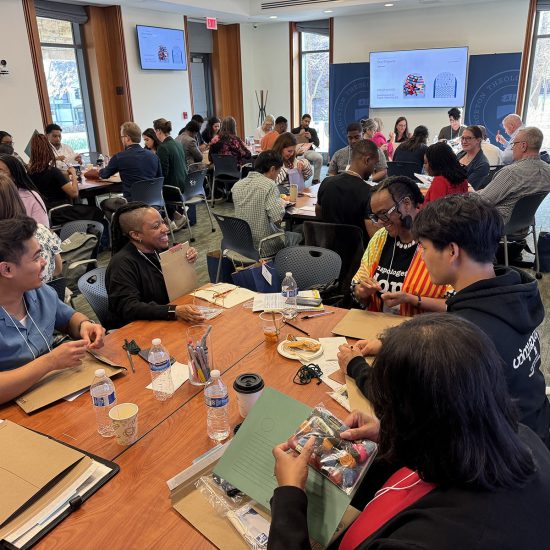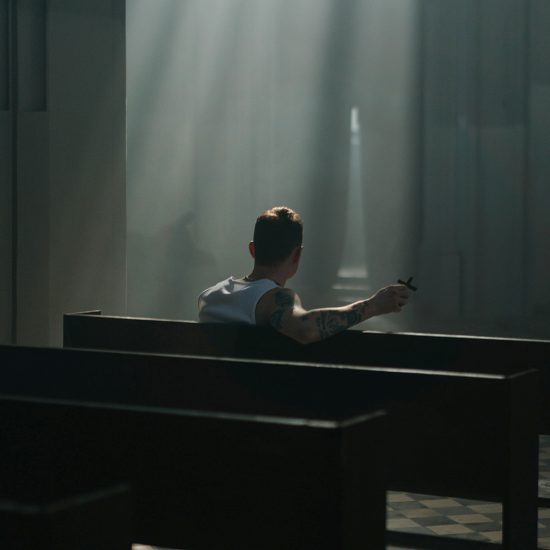
What’s on your mind?
That question greets you upon opening Facebook. It sits there innocently inviting you to share your pithy (or mundane) thoughts with anyone who will listen (and, for the record, nobody really cares what you had for breakfast, even if it includes avocado).
This ability to effortlessly communicate with the entire world, or at least those parts of it willing to lend their attention to you, feels revolutionary. Just a few decades ago the mass distribution of information was difficult and expensive, meaning only the elite could actually share their thoughts with the world. This miraculous technology makes it easy and free to find not only new relationships but actual liberation.
“Facebook was not originally created to be a company. It was built to accomplish a social mission — to make the world more open and connected,” the company’s founder and CEO, Mark Zuckerberg, once wrote. “We often talk about inventions like the printing press and the television — by simply making communication more efficient, they led to a complete transformation of many important parts of society. They gave more people a voice. They encouraged progress. They changed the way society was organized. They brought us closer together.”
His grandiose version of a global, interconnected commons arrived, but it failed to bring utopia. The presence of progress is debatable, and many do not like what social media has wrought.
Facebook serves the cause of repression just as well as freedom. Instead of bringing people together, a former executive at the company carries guilt for building “tools that are ripping apart the social fabric of how society works.” Researchers have documented how our “newsfeeds” become instruments of polarization that funnel us into echo chambers, risking the reinforcement of biases and limiting exposure to alternative viewpoints.
False information spreads faster on Facebook relative to other social media channels. Conspiracy theories about the last presidential election and COVID-19 vaccines abound on the platform. President Joe Biden provocatively described the company as “killing people” for the distortions about the pandemic that circulate on the platform.
 Now, the company behind this dystopia seeks increased engagement with American religious communities. This alarming track record is what’s on our minds as Facebook sends out friend requests to the churches. In this edition of A Public Witness we detail some major concerns of congregations uncritically accepting this invitation.
Now, the company behind this dystopia seeks increased engagement with American religious communities. This alarming track record is what’s on our minds as Facebook sends out friend requests to the churches. In this edition of A Public Witness we detail some major concerns of congregations uncritically accepting this invitation.
NOTE: The rest of this piece is only available to paid subscribers of the Word&Way e-newsletter A Public Witness. Subscribe today to read this essay and all previous issues, and receive future ones in your inbox.






